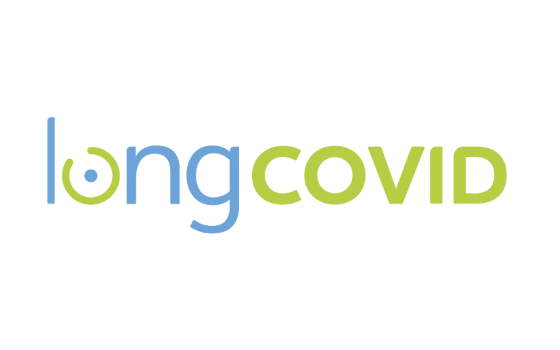 Since the 1st of June 2022, the Long COVID Consortium, led by HUS Helsinki University Hospital, is working to elucidate the predisposing factors and mechanisms for the development of Long COVID Syndrome (LCS). This is essential to be able to develop and improve the care of patients suffering from the long-term effects of COVID-19 infection.
Since the 1st of June 2022, the Long COVID Consortium, led by HUS Helsinki University Hospital, is working to elucidate the predisposing factors and mechanisms for the development of Long COVID Syndrome (LCS). This is essential to be able to develop and improve the care of patients suffering from the long-term effects of COVID-19 infection.
During its first year, the Long COVID consortium started the conduction of geographically diverse cohort and registry studies in Finland (four cohorts), the Netherlands (one cohort) and Switzerland (one cohort). The main goal of these studies is to collect and analyse clinical characteristics, prognosis, incidence, and healthcare burden of LCS. The cohort and clinical studies are conducted at Helsinki University Hospital (HUS, coordinator and WP1 "LCS cohorts and guidelines" leader), University Hospital Basel and the University Medical Centre Groningen.
The WP2 "Mechanistic and pathogenetic studies", led by the University of Helsinki, discovered the main mechanism of SARS-CoV-2 neuronal infection, founding that even if brain cells express very low levels of the viral receptor, a cellular protein called ACE2 that is very abundant in the respiratory tissues, SARS-CoV-2 can infect and multiply in human neurons. The first related study shows that the virus first binds to the ACE2 receptor on the surface of neurons, and after being 'swallowed' by the cell, the viral particles are transported into the digestive organelles called lysosomes. The lysosomes are full of digestive enzymes. Thanks to these enzymes and their action the virus is able to escape from the lysosomes and enter the cell environment where the multiplication and assembly of new progeny virions occurs. By inhibiting pharmacologically, the transport of viral particles from the surface of the cell into the digestive lysosomes, we were able to efficiently prevent neuronal infection.
The consequences of neuronal infection include a loss of neuronal function, with progressive retraction of axons. In addition, a collaborative effort with the University of Queensland (Australia) let to an unexpected discovery: infected neurons can fuse with the neighbouring cells, a process known as syncytia formation and already observed in the lung cells but never in neurons. This second study shows that neuronal function after cell-to-cell fusion is compromised. If this phenomenon occurs in humans, where brain infection by SARS-CoV-2 has already been documented, the main neurological symptoms of Long COVID could be explained.
Another big achievement during the project's first year was the development and successful implementation of the user-friendly Long COVID Data Portal, an open-access portal to collect the data for Long COVID Syndrome research, from the project but also from external sources. Partner NUROMEDIA (WP6 "Data Infrastructure, processing & GUI" leader), responsible for this task, evaluated heuristically and through cognitive walkthroughs with small multidisciplinary end-users groups the prototype of the Data Portal.
Chino, leader of WP7 "Ethics and privacy", worked with all the partners to define the proper agreements between them to share data. A Joint Controllership Agreement (JCA) was signed by all the partners involved with data sharing inside the Long COVID project and a Data Processing Agreement (DPA) with the technical partner responsible for Data Infrastructure, processing and data portal of the project.
During the first 12 months of the project's lifetime, Steinbeis Europa Zentrum (SEZ, WP8 "Dissemination and exploitation" leader) launched the project website and the Long COVID account on LinkedIn and Twitter. Furthermore, different communication materials (e.g. Long COVID flyer, Long COVID roll-up) were developed to increase the visibility of the project. All these materials are publicly available in the Communication material section on the project's website.
Long COVID already established contact with relevant identified European projects (e.g. EU H2020 ORCHESTRA Cohort project) and initiatives (e.g. Long Covid EUROPE) dealing with Long COVID to discuss potential collaborations but also to support each other to increase the visibility of the projects/initiatives and the dissemination of their findings and results.
For further information, please visit:
https://longcovidproject.eu